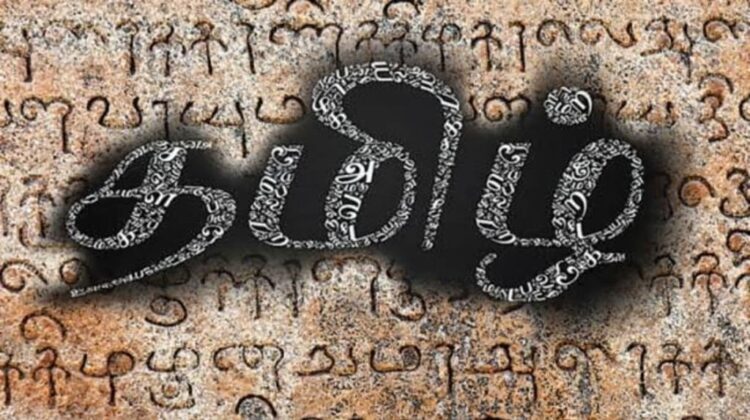Amid renewed tensions over the Centre’s three-language policy, Tamil Nadu Chief Minister MK Stalin has reaffirmed his opposition to the “imposition of Hindi,” stating that the state is “ready for another language war” if necessary. His strong remarks come in response to Union Education Minister Dharmendra Pradhan’s recent statement that states not implementing the National Education Policy (NEP) 2020 would be denied funds under the Samagra Shiksha scheme.
The Dravida Munnetra Kazhagam (DMK), under Stalin’s leadership, has consistently opposed the three-language policy, maintaining that Tamil Nadu will continue with Tamil and English as its official languages. The state government views the Centre’s push for Hindi as an attempt to undermine its linguistic and cultural identity, drawing parallels to past anti-Hindi agitations that played a crucial role in shaping Tamil Nadu’s political landscape.
Tamil Nadu’s Long History of Anti-Hindi Agitations
Tamil Nadu’s resistance to Hindi imposition dates back to the 1930s. The state has been the only one in India to reject the three-language formula, maintaining a firm stance against policies perceived as threats to its linguistic autonomy.
The first anti-Hindi agitation began in December 1937 when the then-Chief Minister of the Madras Presidency, C. Rajagopalachari, made Hindi compulsory in schools. Led by Tamil writer Maraimalai Adigal and Dravidian leader E.V.R. Periyar, the movement saw over 1,200 people imprisoned before the order was eventually revoked in 1940 by Governor Lord Erskine.
In 1948, another round of protests erupted after the Omandur Ramasamy Reddy-led cabinet attempted to enforce Hindi as a compulsory subject in schools.
However, the most significant and violent opposition came in 1964-65 when the Official Languages Act, 1963, made Hindi the sole official language. The protests resulted in the deaths of nearly 60 people, including self-immolations, and ended only after the Centre assured that English would continue as an official language alongside Hindi.
Why Tamil Nadu Opposes NEP 2020?
Tamil Nadu’s resistance to the National Education Policy (NEP) extends beyond the language issue. Since its release in 2020, the state has strongly opposed the policy, arguing that it imposes a uniform education system that disregards regional needs. The state government believes that, although the NEP technically allows any Indian language as the third language, it is a veiled attempt to push Hindi.
The latest confrontation escalated when Union Minister Dharmendra Pradhan warned that states not implementing NEP 2020 would lose central education funds. Stalin, in response, asserted that Tamil Nadu would not bow to such pressure. He emphasized that the state was not against Hindi as a language but was determined to resist its imposition.
BJP vs DMK: The War of Words
Tamil Nadu BJP president K. Annamalai has countered Stalin’s remarks, accusing the DMK of hypocrisy. In a post on X, Annamalai pointed out that while Stalin insists he is not against any language, government school students in Tamil Nadu are denied the opportunity to learn a third language, unlike those in CBSE and private matriculation schools.
“Is Mr. Stalin implying that there is no restriction on learning a third language, but if you want to learn it, you should enroll your children in CBSE or matriculation schools run by DMK members?” Annamalai questioned, further alleging that the DMK follows “one rule for the wealthy and another for the poor.”
As Tamil Nadu continues its fight against Hindi imposition and NEP 2020, the issue has reignited historical grievances and sparked a fierce political battle. With both the DMK and BJP refusing to back down, the debate over language and education policy in India remains a deeply divisive and politically charged issue.

















Comments